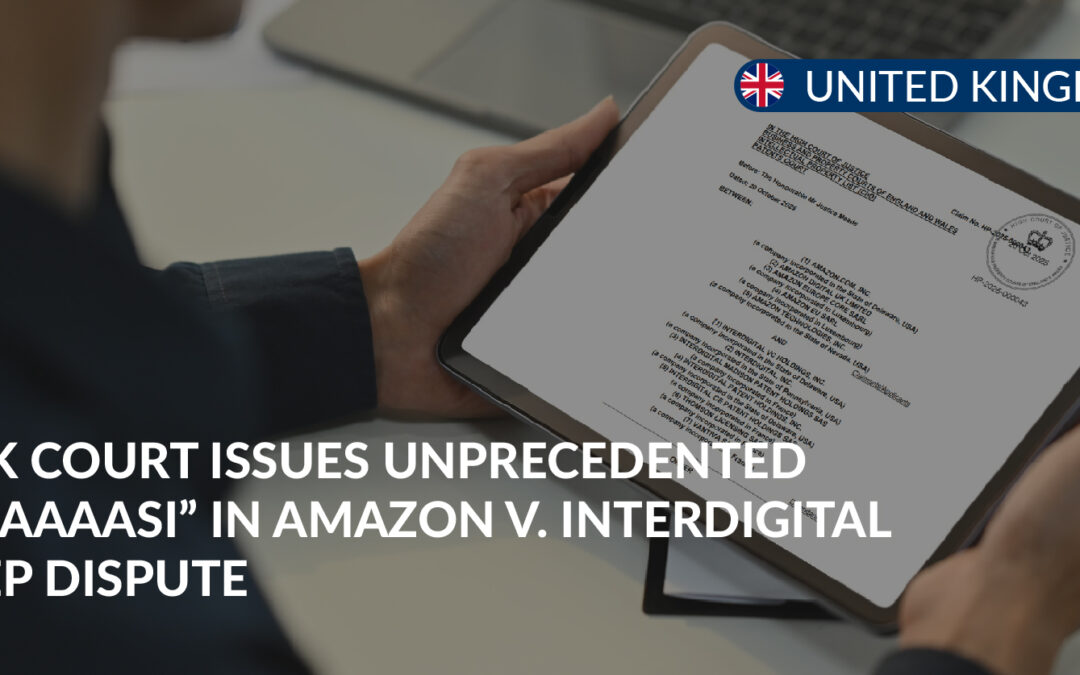Recently, several countries have strengthened their measures to combat money laundering and terrorist financing. In June, the European Commission updated its list of non-cooperative jurisdictions—known as the “Gray list”—which includes territories identified as having strategic deficiencies in preventing these illicit activities. The update added countries such as Algeria, Angola, Kenya, Monaco, and Venezuela, while removing Barbados, Gibraltar, Panama, and the United Arab Emirates.
The removal of countries such as the UAE, and Panama could have a positive impact on their international relations and economic activities, but the decision is still under review by the European Parliament. Concerns have been raised that excluding these jurisdictions could create gaps in anti-money laundering enforcement, potentially weakening the EU’s overall framework.
Meanwhile, in the United States, regulators from six states, including New York, imposed a USD 4.2 million fine on a money transmission company for failing to comply with Anti-Money Laundering and Countering the Financing of Terrorism (AML/CFT) standards. The company was found deficient in detecting suspicious activities, conducting customer due diligence, and maintaining data shortcomings that pose risks to the financial system.
As part of the settlement, the company must take corrective actions, including reviewing past accounts and improving compliance procedures, all overseen by an independent third party.
These developments send a key message to businesses worldwide: staying up to date with constantly evolving regulatory requirements is essential. Proactively adopting compliance measures is crucial to avoid risks, protect reputation, and successfully navigate an increasingly complex global financial environment.








